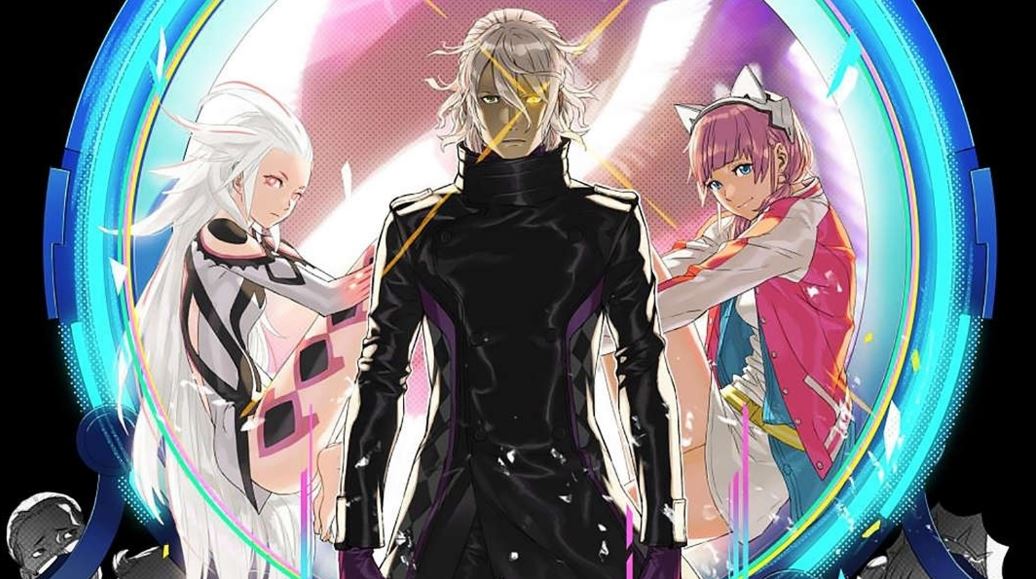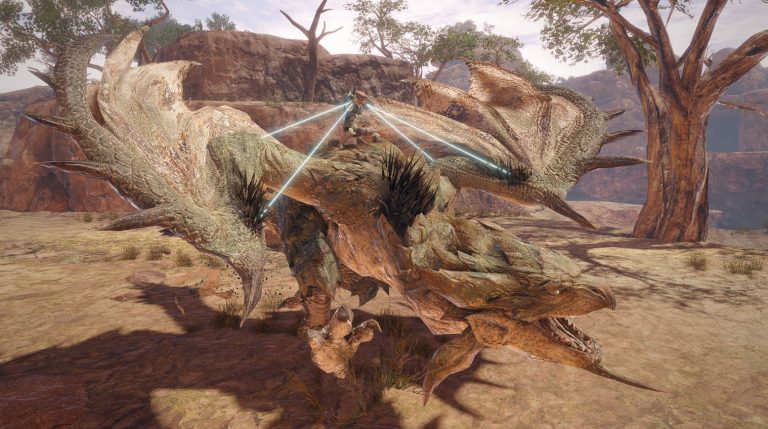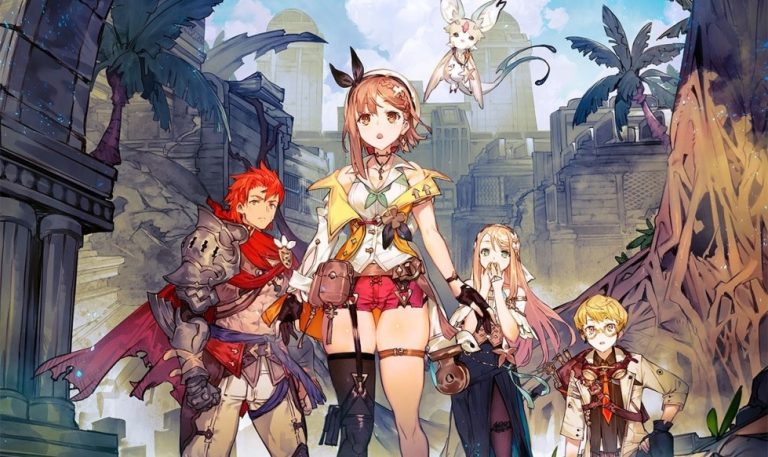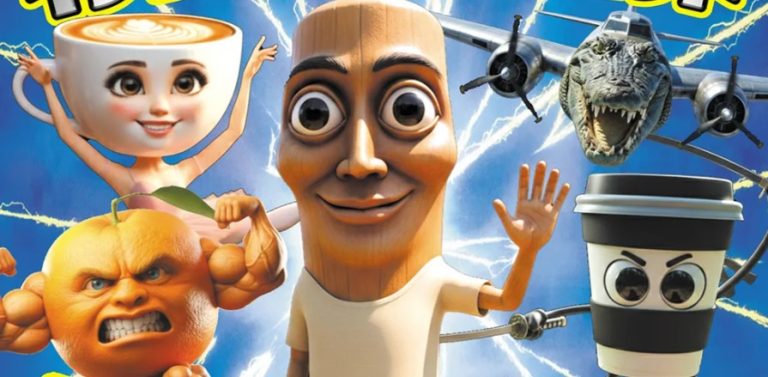Too Kyoo Games’ Kotaro Uchikoshi recently held a lecture at the WePlay Expo 2024 held in China. As reported by Famitsu, the developer talked about generative AI and the ways that AI has and will continue to influence game development in the future.
Uchikoshi is known for writing and directing the Zero Escape and AI: The Somnium Files series, and is currently working on The Hundred Line: Last Defense Academy, an ambitious collaboration with Danganronpa creator Kazutaka Kodaka. During his lecture, he posed questions such as “Can AI-generated game scenarios surpass that of Zero Escape and Danganronpa?” and “How can human creators beat generative AI?”
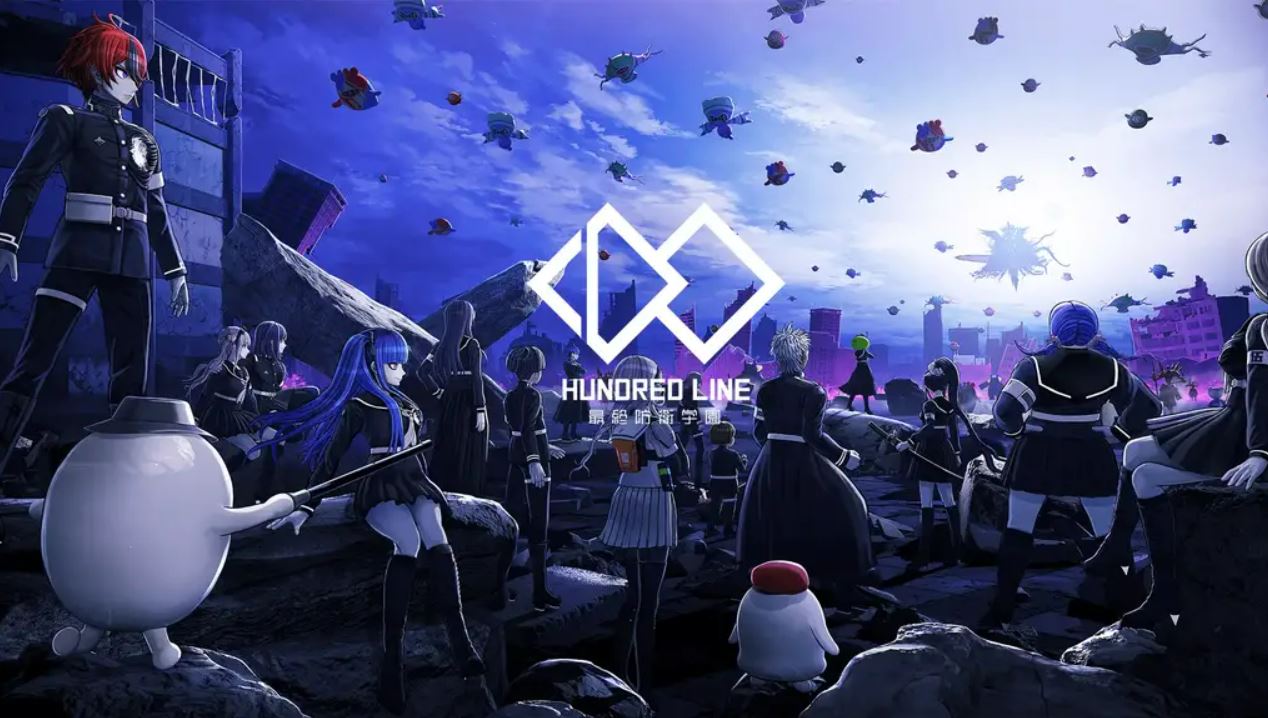
Uchikoshi believes that the development of generative AI has brought about an era where anyone, including amateurs with no prior knowledge, can easily make video games by themselves as long as they can use AI proficiently. “As a result, it’s likely that a large number of short indie games created by solo creators will be produced from now on.” Uchikoshi comments that while games like this have already been released, the speed and volume of their production will keep increasing, and eventually “flood” the world.
On the other hand, AI is still far from achieving writing that humans would judge to be at a “masterpiece”-level. Uchikoshi brings up various weaknesses of AI – such as its inability to infer connotations and implied meanings, as well as its tendency to consider endless unnecessary possibilities (the kind that humans naturally eliminate in their thought processes). “The things left between the lines and in the blanks are a big part of writing, and for that reason, I personally think that it will be difficult for AI to achieve an ‘outstanding’ level of writing…at least for the next five years or so,” Uchikoshi commented.

Could AI write a convincing sequel to Danganronpa, Zero Escape, or AI: The Somnium Files? Uchikoshi says no, at least not for now. The stories of these games are densely packed with precisely the kind of implied meanings AI struggles with. “But if we’re talking about the next 10 years, perhaps AI could achieve it with surprising ease,” the creator says.
But even if AI reaches such heights, human creators won’t stop making games. What will they need to do in order to “stay ahead” of the AI generated games that will inevitably flood the market? “It may sound cliché, but it all comes down to originality,” Uchikoshi says. To illustrate his point, he brings up creators like Yusuke Kozaki and Kazutaka Kodaka, whose works have a distinct personal flair. This “uniqueness that cannot be expressed in words,” Uchikoshi argues, is something AI struggles to replicate.
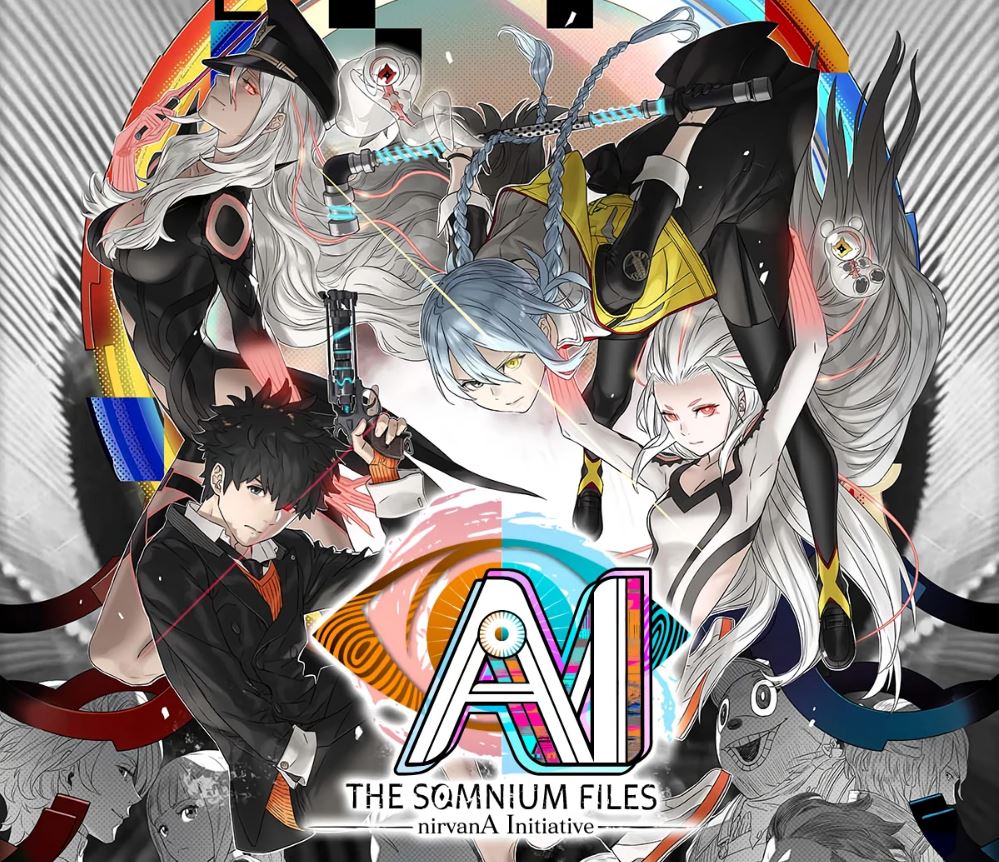
According to Uchikoshi, originality comes from cultivating “leaps in imagination.” He gives an example from AI: The Somnium Files. When tasked with creating a character design based on the prompt “a poor middle-aged man, who is a failed comedian,” AI produced a generic image that matched the description accurately, but was “nothing more and nothing less,” lacking any quirks or surprises. In contrast, Yusuke Kozaki’s design embodied a distinct “imaginative leap” that elevated the concept into something memorable and original. “Whether or not one can compete in terms of creativity will become even more important in the future,” Uchikoshi says.
In addition to creativity, Uchikoshi also stressed the value of personal experiences that are not available on the Internet and thus cannot be replicated by AI. “Memories of drinking all night with your friends, coming back home to see your child’s sleeping face, or walking hand in hand with a loved one” are irreplaceable sources of inspiration. Such deeply human moments, he explained, provide emotional depth and authenticity to creative works that AI cannot emulate.

